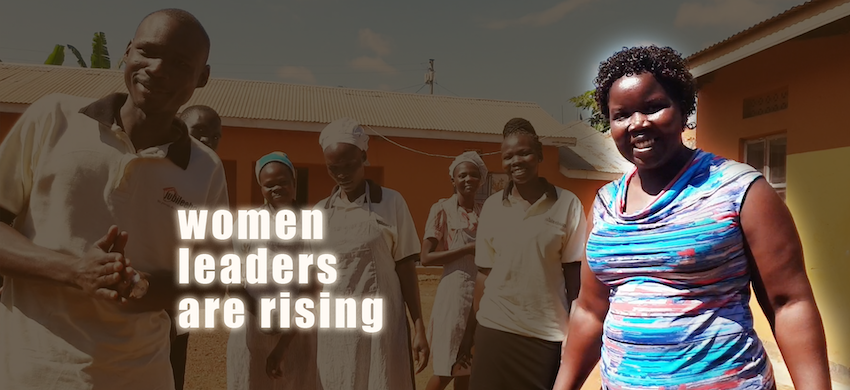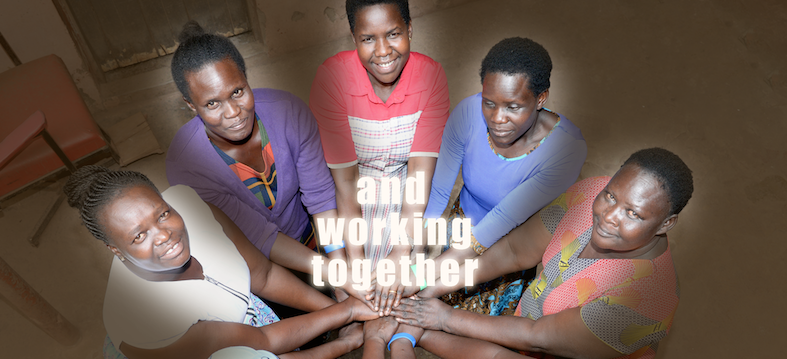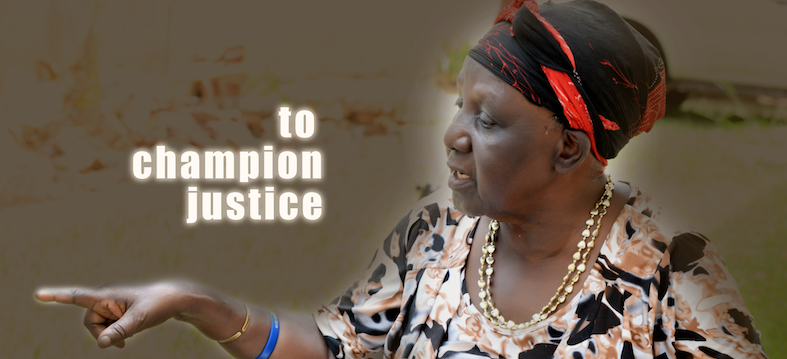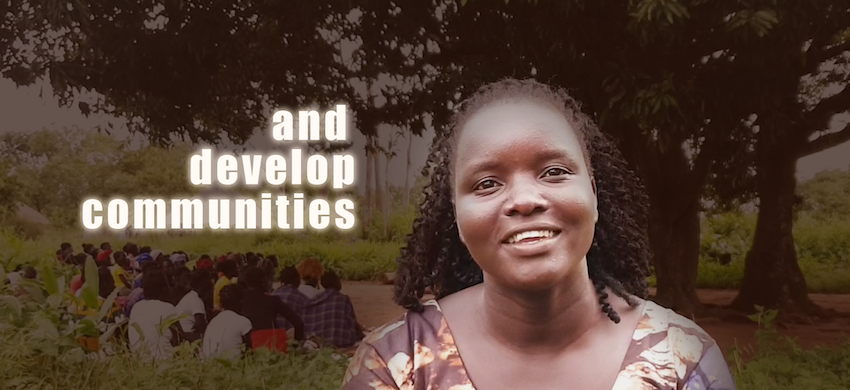Out of the Shadows
Women Leaders Arise
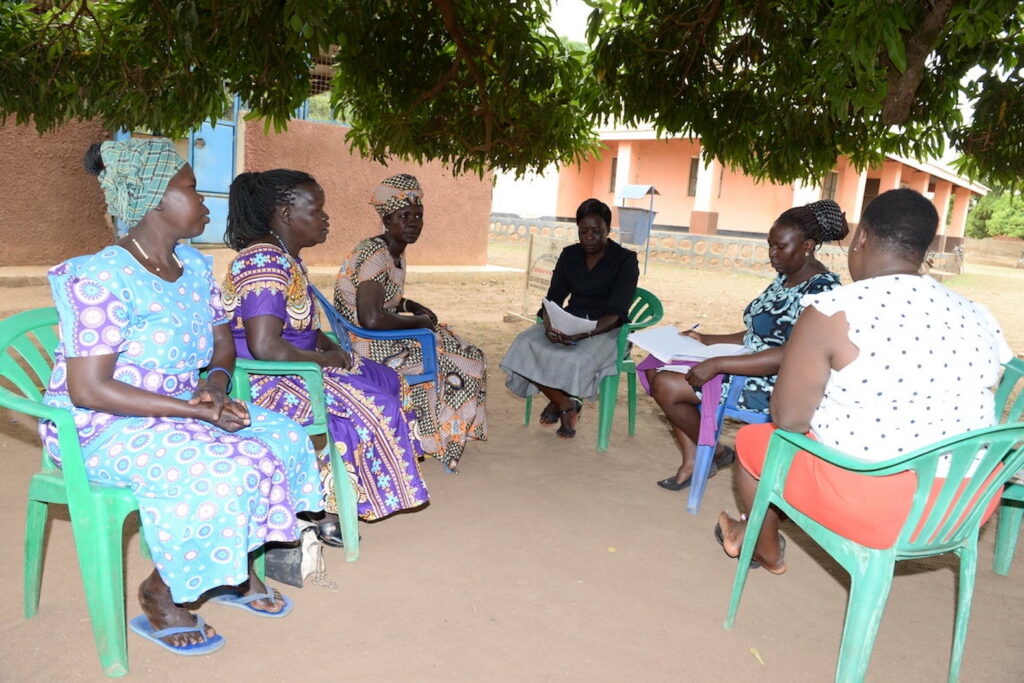
A needs assessment survey in ten conflict-affected communities in Northern Uganda, during March-April 2022, confirmed that women survivor leaders play a vital role in providing support and emergency response services, yet they struggle to attract public and political support and funding due to a misperception about the nature and importance of their work, and due to organizational capacity deficits.
The study - conducted by Tallawah Justice, the University of Nottingham and GWED-G - highlighted the urgent need for a complete reframing, repackaging, and reprioritization of the work that these grassroots women leaders and their organizations are doing, in order to improve their effectiveness, attract more support and funding, and expand their influence at regional/national policy levels.
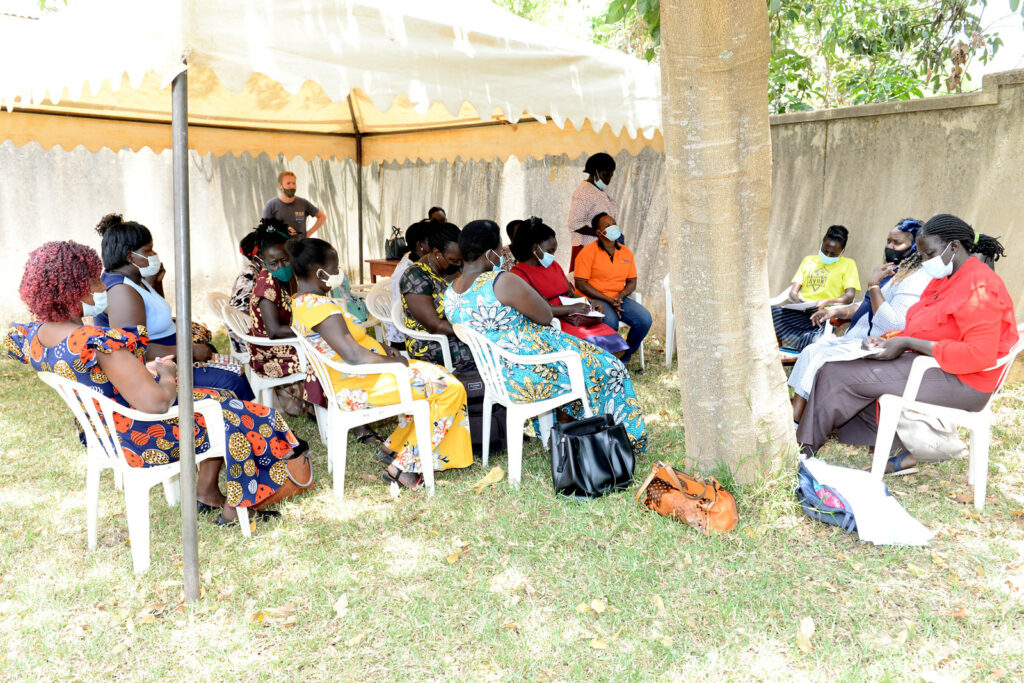

We convened the historic: “Out of the Shadows: Women Survivor Leaders Arise,” conference to create a platform for meaningful dialogue, and to amplify the voices and magnify the visibility of women grassroots leaders. One hundred and forty five women leaders of grassroots, community-based organizations, war victims groups and networks came and shared the platform with government, policymakers, donors, cultural leaders etc.
By creating platforms for sharing knowledge and skills, we are empowering women leaders and enhancing the work they are doing in their communities.
Catalyze a shift
Catalyze a shift among women leaders, policy makers and donors at addressing the basics immediate needs of survivors
Build capacity
Strengthen the capacity of grassroots Women leaders to advance the Women peace & security Agenda in Uganda
Review & Revise
Rethink relationships and partnerships and create the space for networking and synergistic collaborations
Provide Support
Raise an Agenda for critical looking at an institutional support for women survivors leaders organizations.
People Surveyed
0
Leaders Attended
0
Organizations Involved
0
